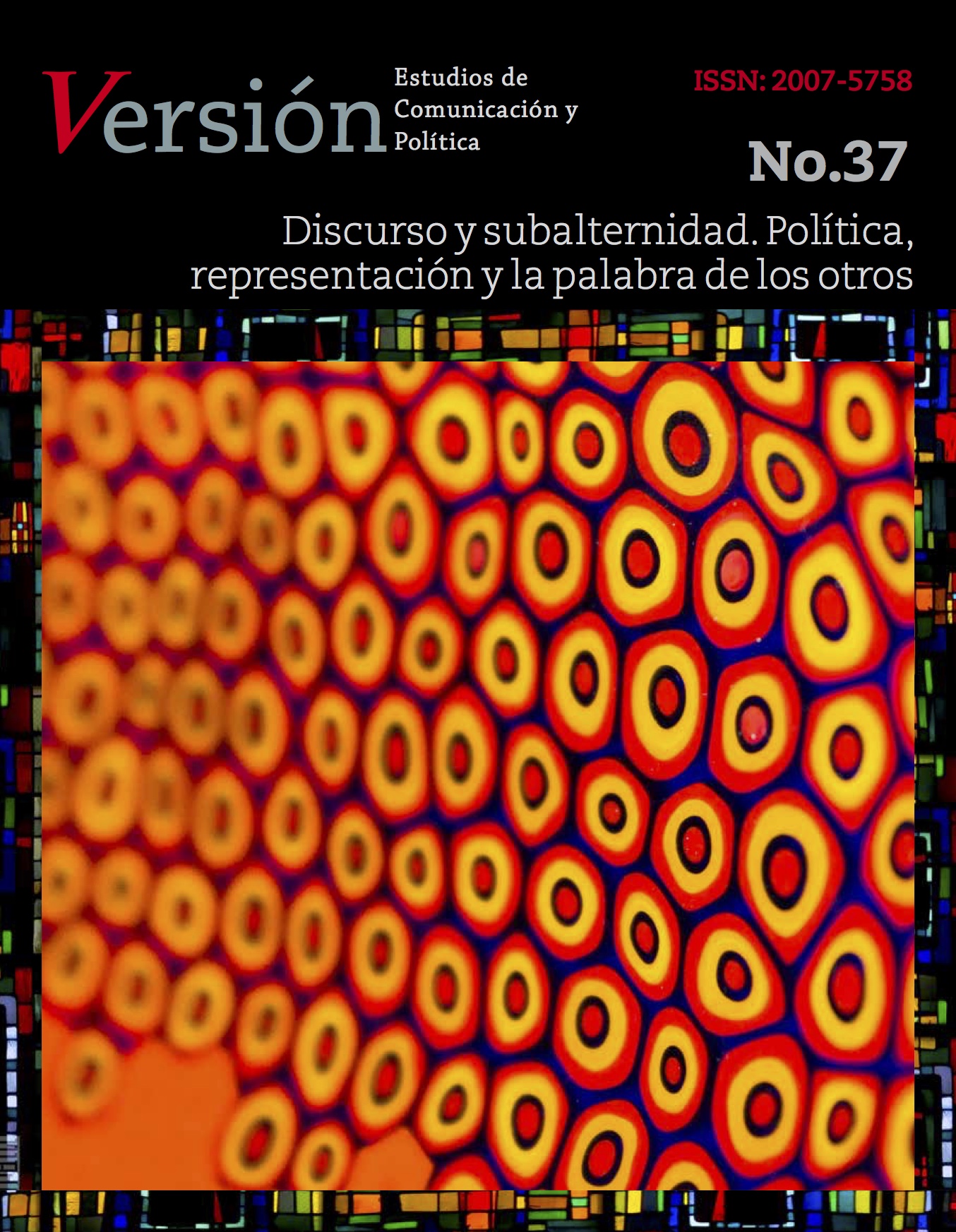La palabra del nos-otros. Reflexiones epistemológicas para la superación de las subalternidades en las luchas por derechos
Resumen
Reconstruimos nuestra práctica de investigación como cooperación con un sentido de justicia que comprenda a los afectados ambientales, población indefensa que ve puesta en riesgo su salud y su forma de vida ante el actual avance de las fronteras productivas. Hacemos reflexivo nuestro trabajo de construcción de significado y sentido en una lucha ejemplar por derechos en Argentina: la de las madres de Barrio Ituzaingó Anexo, por los afectados debido al uso masivo de agrotóxicos. Nos despo- jamos de marcos teóricos que imponen categorías interpretativas y partimos de los conceptos con los que nos encontramos en el contexto intersubjetivo de investigación. Abordamos en primer lugar nuestra forma de operar ante un concepto como el de ge- nocidio, enunciado por las madres en el marco de la denuncia y, posteriormente, nos centramos en los dichos de los designados subalternos, entre la vulneración y el testi- monio. En segundo lugar, intentamos dar a comprender el concepto “de los otros”, a participar en la construcción de un problema público con voz propia y la posibilidad de un nos-otros. El rasgo epistemológico distintivo de estos pasajes no es ni la explicación ni la comprensión subjetivista que subalterniza/cosifica el discurso de los protago- nistas de la acción –y el propio académico–, sino una expresión de afirmación como sujetos capaces de lenguaje y acción. Una atestación de la potencialidad y de correla- tividad ético-política que nos encuentra en la diferencia con los otros, formando una incipiente comunidad tramada en la narrativa de los derechos.

